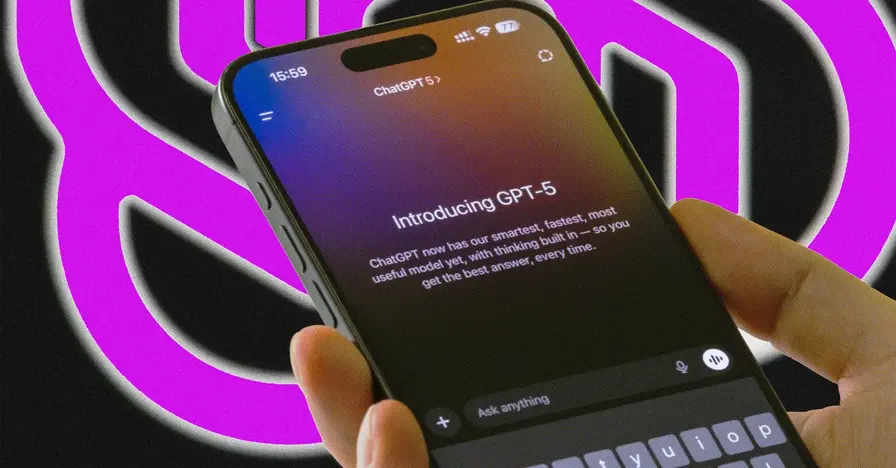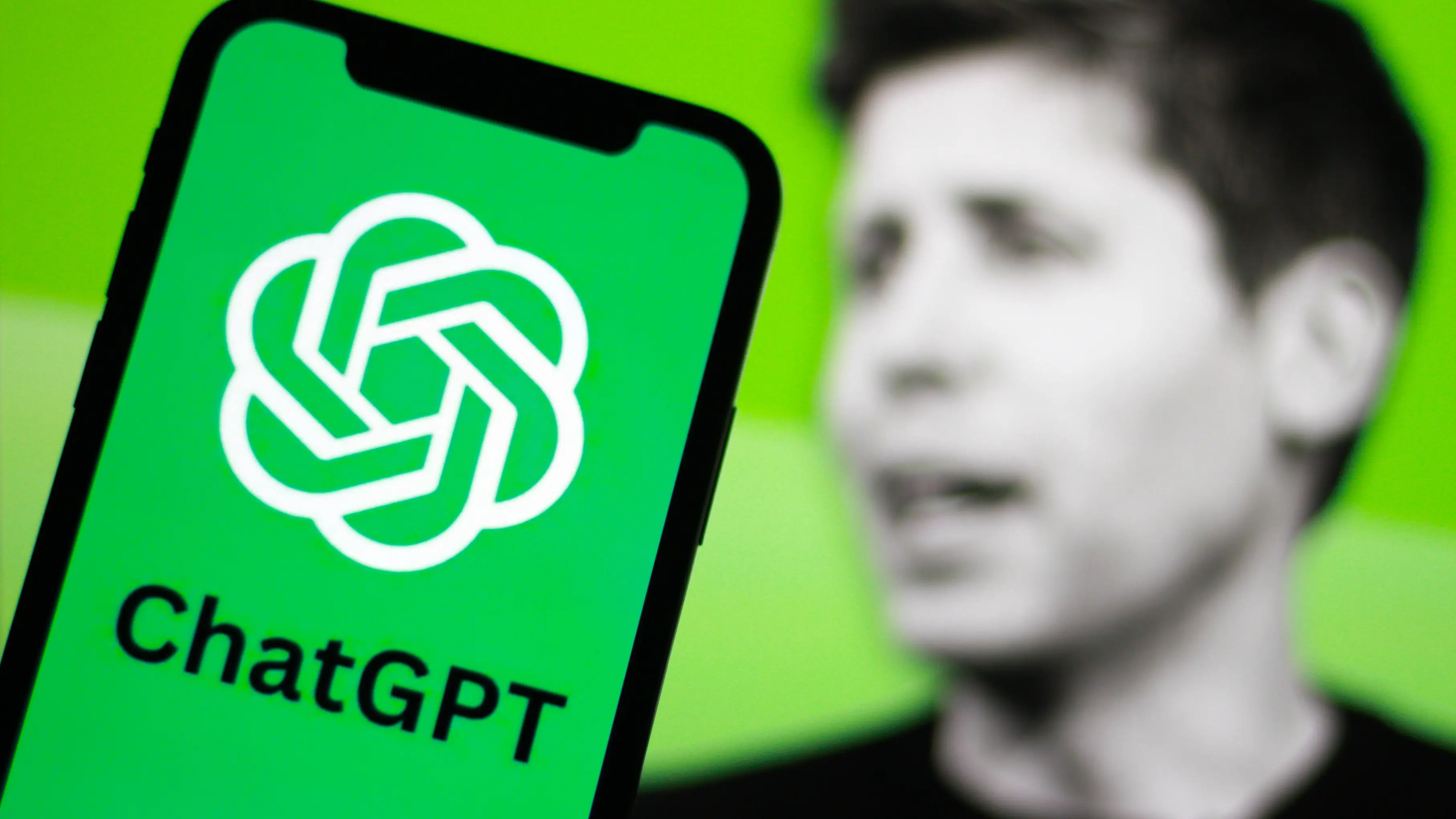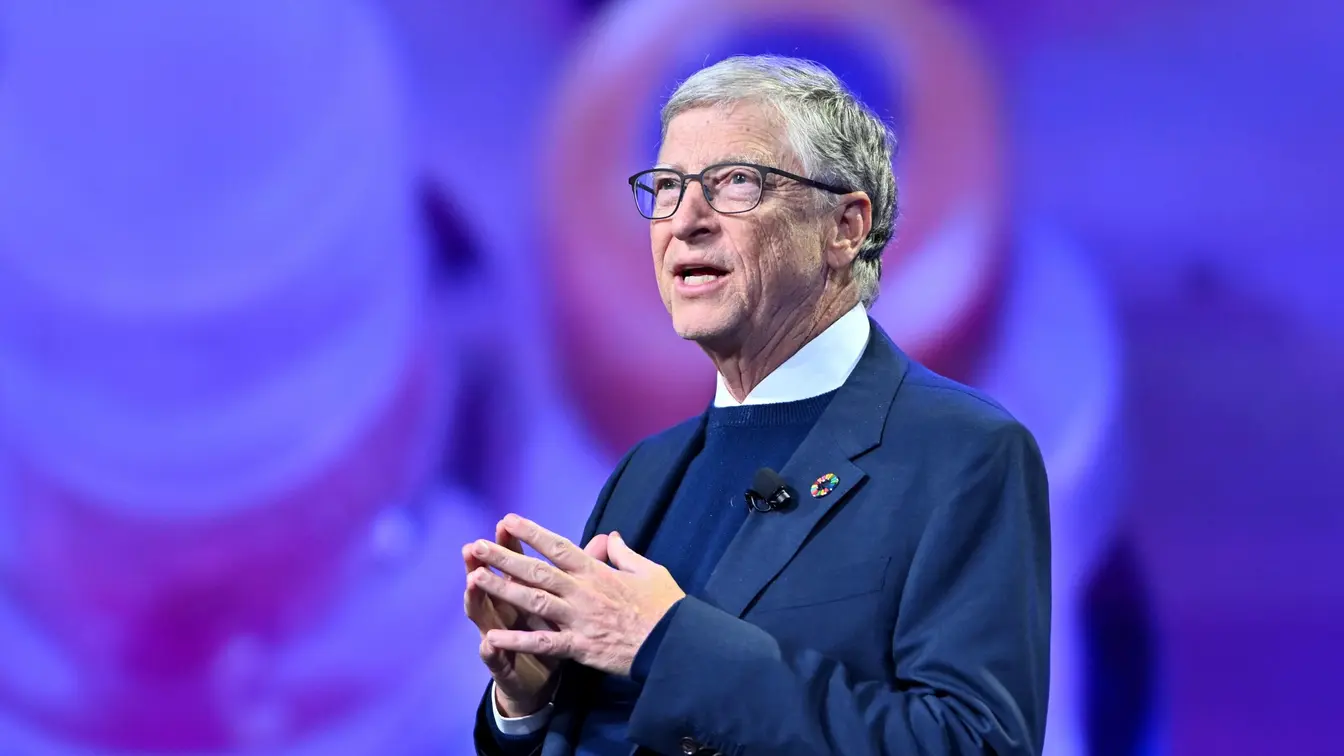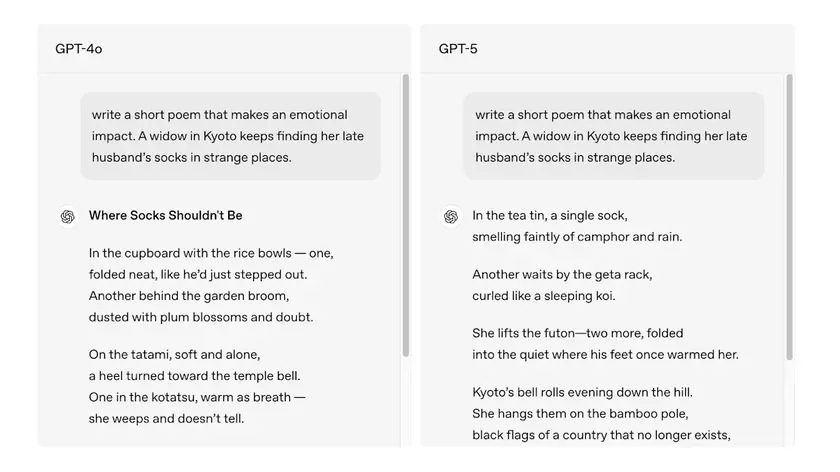T4K3.news
GPT-5 Backlash Prompts Updates
OpenAI commits to fixes and preserving GPT-4o for Plus users while working on GPT-5 reliability.

GPT-5 rollout triggers backlash as users report lower quality and a broken model switching system.
OpenAI Scrambles to Update GPT-5 After Users Revolt
OpenAI released GPT-5 with a promise to reshape ChatGPT and a new routing system that would move simpler queries to cheaper models. The rollout was not smooth; users complained of a duller personality, slower responses, and surprising errors. On Friday, OpenAI chief executive Sam Altman said GPT-4o would remain available for Plus users while fixes are rolled out and acknowledged the bumps, promising improvements to rate limits and the reliability of the model switcher.
Reddit threads reflect a mix of nostalgia for the old behavior and concern about reliability. Researchers and commentators note that a hype cycle can outpace actual performance, especially when users form emotional attachments to an AI. Pattie Maes of MIT suggested that a less sycophantic, more businesslike GPT-5 could reduce bias and delusions, while Altman cautioned that many users treat ChatGPT as a life coach or therapist and that balancing usefulness with long term well being remains a challenge.
Key Takeaways
"It seems that GPT-5 is less sycophantic, more business and less chatty."
MIT professor Pattie Maes on GPT-5 demeanor
"We will continue to work to get things stable and will keep listening to feedback."
Altman on X about fixes and user input
"People use ChatGPT as a therapist or life coach even if they would not describe it that way."
Reddit discussions about AI use in therapeutic roles
"Backlash teaches caution better than praise."
Editorial closing thought on user response
This episode reveals how quickly a big AI upgrade can backfire when expectations meet real world glitches. The backlash raises questions about how tech firms measure success: is it peak performance, or a stable, trustworthy relationship with users? The tension between speed, cost savings, and reliable behavior will shape future releases and pricing decisions. The MIT study cited here underscores the broader issue: people often seek not just answers but emotional support from AI, which complicates product design and governance.
Highlights
- GPT-5 trades charm for candor and changes how users connect
- Edge cases bite when people treat AI as therapy
- A hype cycle needs time to prove value not just flash
- Backlash teaches caution better than praise
GPT-5 backlash raises trust and reliability concerns
The rapid backlash over GPT-5 highlights user concerns about reliability, model behavior, and the emotional impact of AI tools. The rollout underscores the gap between hype and real performance, forcing OpenAI to fix bugs while managing expectations.
The next update will test whether speed can coexist with reliability.
Enjoyed this? Let your friends know!
Related News

OpenAI brings back GPT-4o after backlash

GPT-5 routing sparks user backlash

GPT-5 update prompts warmer AI personalities

OpenAI Restores GPT-4o After Backlash

OpenAI backs off retirement of 4o after backlash

OpenAI launches GPT-5 with innovative features

GPT-5 rollout stalls as legacy models return

GPT-5 rollout under scrutiny
